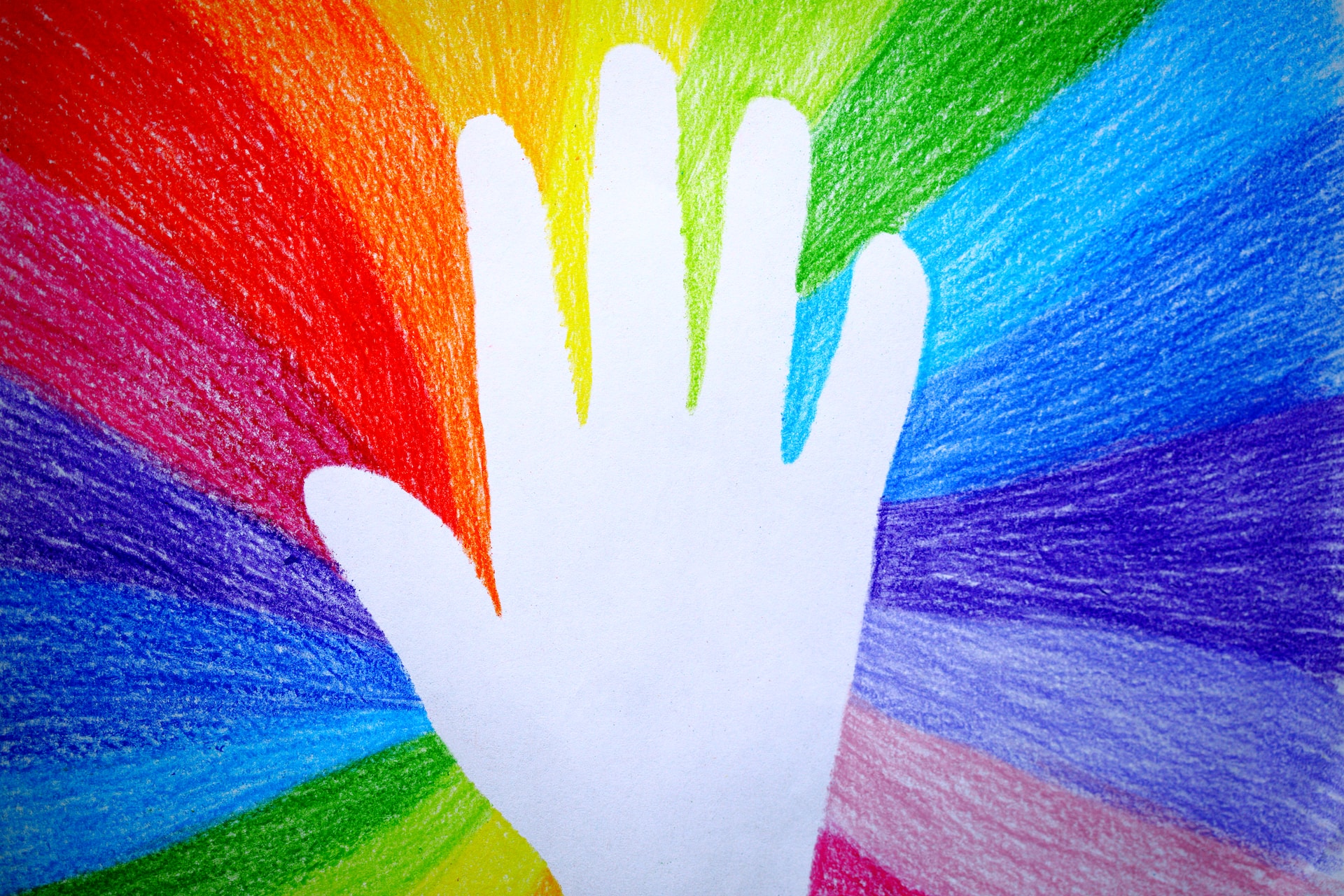Yitzhak Pindrus, a representative of the United Torah Judaism party, known for its orthodox and conservative stance in Israel, has recently caused a stir with his remarks about the LGBTQ+ community. In a conversation with Israel’s Channel 12, Pindrus drew a startling and controversial comparison, asserting that, in his view, the LGBTQ+ community represents a bigger threat to Israel than well-known extremist groups such as the Islamic State, Hezbollah, and Hamas.
Rooted in Religious Beliefs
Pindrus, who has a history of vocal opposition to the LGBTQ+ community, justifies his views by citing religious texts. He refers to the Torah, the first five books of the Old Testament, which form the basis of traditional Jewish law, to support his stance. This religious grounding has been a consistent theme in his public statements and actions against LGBTQ+ rights and visibility.

A History of Opposition
The Israeli politician’s contentious attitude towards the LGBTQ+ community is not new. In 2010, as the deputy mayor of Jerusalem, Pindrus attempted to organize a “donkey parade” to counter a Gay Pride march, a move widely interpreted as equating homosexuality with bestiality. More recently, he made headlines for walking out of the Knesset during the acceptance speech of its new speaker, Amir Ohana, who is openly gay and spoke of his husband and children.
Government Coalition Dynamics
The current Israeli government, which includes Pindrus’ UTJ party, has been described as one of the most religious and hard-line in the nation’s history. It also comprises Noam, a far-right, anti-LGBTQ religious party known for its extreme views and rhetoric, further complicating the political landscape for LGBTQ+ rights in Israel.
Widespread Reaction
The remarks have drawn widespread criticism and have highlighted the ongoing struggle for LGBTQ+ rights in a political environment increasingly influenced by conservative religious views. The reaction to Pindrus’ statements reflects a broader discourse on the intersection of politics, religion, and human rights in Israel.
©loveinclusion.org





